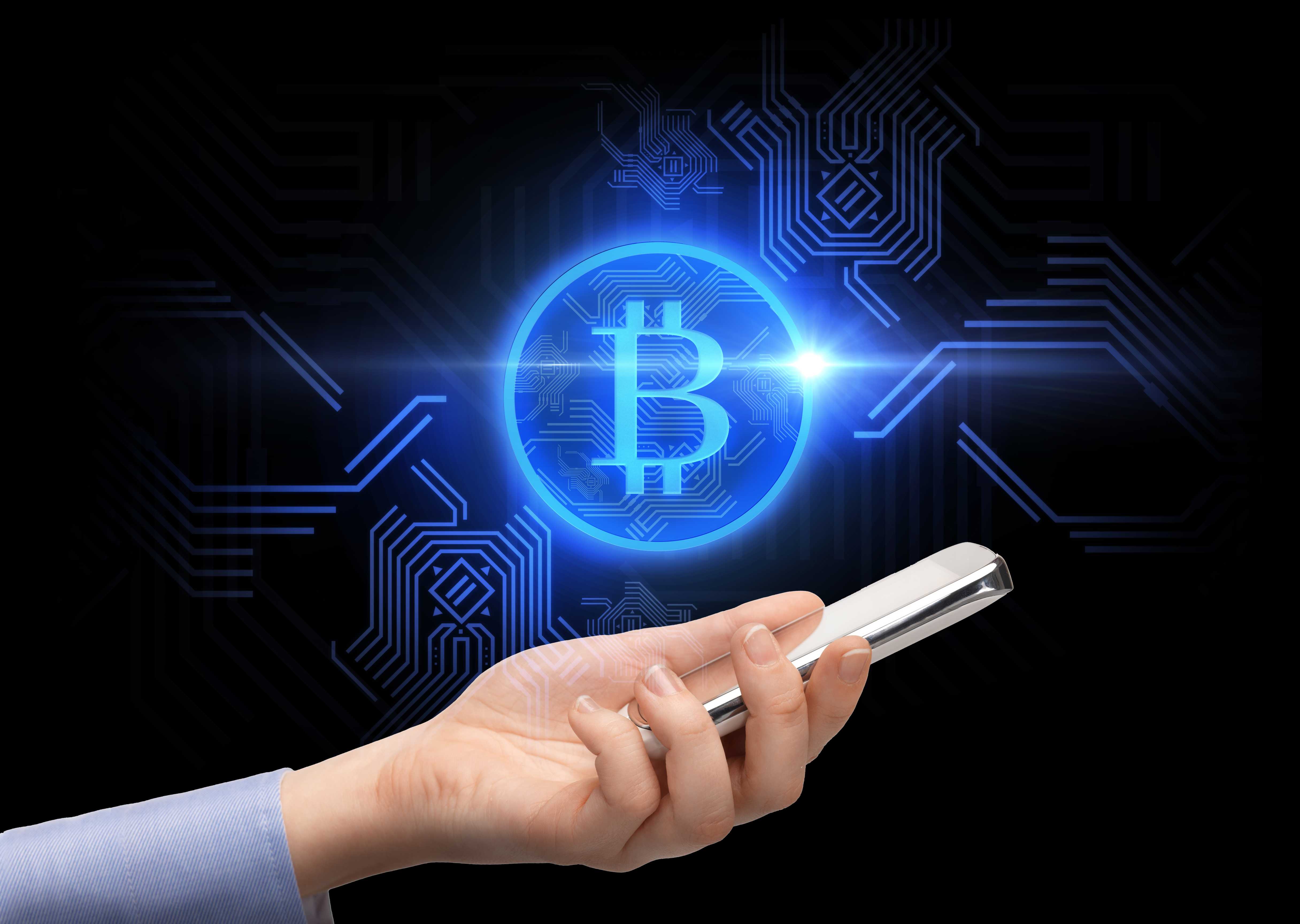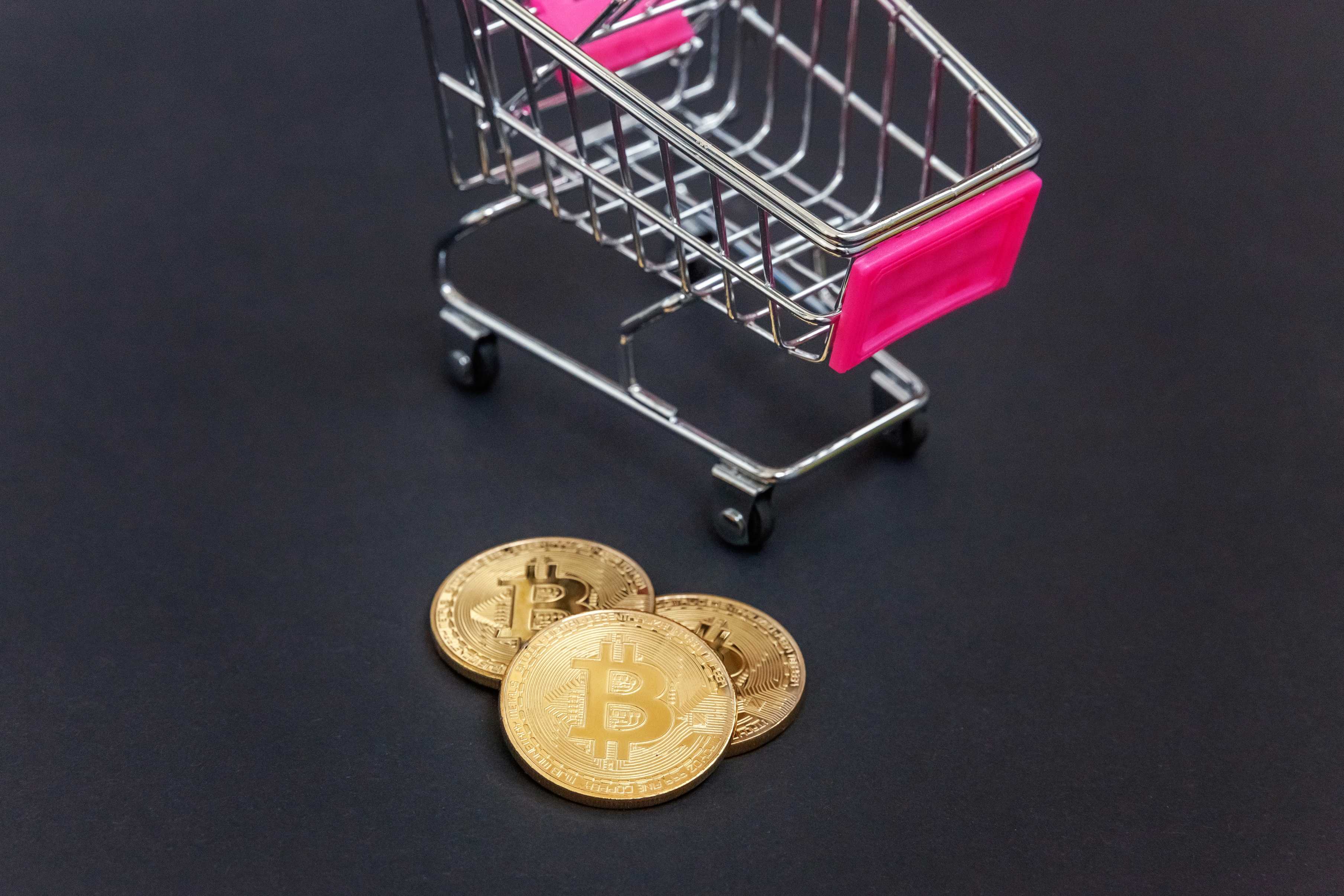Over the past few years, a lot of people and businesses in Indonesia have switched to digital payments. They now like using mobile wallets, online transfers, and digital banking over cash. Stablecoins are a sort of cryptocurrency that is backed by stable assets like the US dollar. They are becoming a valuable tool for making cross-border transfers from Indonesia easier, faster, and safer than traditional methods.
The Promise of Stablecoins in Cross-Border Payments
For a long time, slow, expensive, and unconnected systems have ruled the global payments system. This is especially true when it comes to transmitting money from Indonesia to other nations. When you move money across borders the normal way, you typically have to deal with a lot of middlemen, exorbitant conversion costs, and long processing delays. In Indonesia, stablecoin payments could change that.
Stablecoins use blockchain technology to get rid of a lot of middlemen, making it possible to transport money throughout the world for very little money and settle virtually right away. Stablecoin-based crypto remittance services make it much easier for people to send money home, independent freelancers to get paid from other countries, and businesses to run their worldwide supply chains.
Quickness and Cost-effectiveness
One of the best things about cross-border transfers that use stablecoins is how quickly they happen. Because blockchain is decentralised, transactions that used to take three to five business days can now be done in only a few minutes.
Traditional payment methods need currency middlemen and correspondent banks, which slows things down and takes a percentage. Stablecoins like USDT (Tether) and USDC (USD Coin), on the other hand, settle on-chain and have unambiguous exchange rates at the moment of transfer. This means that people in Indonesia can send money to other nations right away.
For instance, an exporter in Jakarta can use USDC to get paid by a client in Singapore very instantly, which lowers transaction costs and speeds up currency conversion. Freelancers and small enterprises that operate from home or do business worldwide really like stablecoins because of this.
Enhanced Security Through Blockchain
Blockchain cross-border transfers are incredibly safe and clear, which are still huge challenges in financial systems. A distributed ledger that can't be changed keeps track of every stablecoin transaction. This makes sure that they can be tracked and that no changes are made that aren't wanted.
This decentralised system makes it safer and faster to send money from Indonesia using crypto. It makes centralised data storage less risky, lowering the chances of fraud and single-point failures. Blockchain's openness makes it easier for regulators and compliance authorities to keep an eye on monitoring and anti-money laundering (AML), which leads to greater financial governance.
Also Read: Top 10 Stablecoin Use Cases for Businesses and Startups
The Regulations and Policies that Govern Indonesia's Business Environment
There is a lot of promise for stablecoin payments in Indonesia, but the legalities are still being sorted out. Bank Indonesia has worked to make things operate more smoothly under projects like the ASEAN Connectivity 2025 roadmap because it realizes how crucial it is to update payment systems across countries.
Indonesia will not allow algorithm-based stablecoins that aren't backed by real assets starting in January 2025. The government is also keeping a closer eye on bitcoin transactions. People are still talking about developing a national stablecoin in Rupiah, which means that the government is being careful but also thinking ahead.
There is also an investigation into whether IDK stablecoins, which are worth the same as the Indonesian Rupiah, are legal. The main topics include things like offers, acceptance, and protecting consumers. In the end, these new rules will change how Indonesian bitcoin payments across borders work in a safe and legal way.
Trends in Use and Adoption
Indonesia is one of the most important new markets that is particularly interested in blockchain-based financial innovation. Platforms like ShopeePay and other fintech ecosystems have proved that they can leverage stablecoin solutions to make payments across borders.
Stablecoins that aren't backed by the US dollar haven't become popular yet. USD stablecoins like USDT and USDC are still the best means to transmit money across borders and make payments. Stablecoins backed by the US dollar are considered more reliable and are utilised more regularly on exchanges and payment platforms around the world. This pattern matches that.
The Influence of Remittances
Remittances are particularly vital to Indonesia's economy since millions of overseas workers send money home to aid their families. Traditional remittance services, on the other hand, might take a long time and demand a lot of money, sometimes more than 7% of the amount sent.
Stablecoins and crypto remittance services can help down these fees by a lot. They let you send money right away and only charge a few cents. For instance, a stablecoin transfer that comes in minutes lets someone in Malaysia send USD to someone in Indonesia or the other way around. This makes sure that families get their money faster and at less cost.
The price of transferring money should keep going down as these technologies get better. This will help millions of Indonesians by making it easy for them to access money and keeping the economy stable.
Also Read: Payment delays in Hospitality: Hidden costs & how to fix them
Policy and Collaboration Between Countries
Stablecoins can only attain their full potential if countries work together and support policies that help them. Indonesia is already taking part in a project in the area that links QR payment systems across ASEAN. Malaysia, Singapore, and Thailand are also part of this project. These cross-border QR systems are paving the way for more digital payment systems to work together. One day, this might even include stablecoin settlement layers.
The laws that govern electronic transactions and payments across borders will also need to adapt to match this new financial situation. A clear and helpful set of rules will make it possible for new ideas to come up and for people to be safe. This will make people more likely to trust financial products that use blockchain.
Seamless Global Payments with TransFi
Interoperability and compliance are still huge difficulties for fintechs, payment processors, and enterprises that want to adopt stablecoin payment solutions. That is where TransFi comes in.
TransFi has a regulated, enterprise-level crypto payment system that makes it easy to move money from Indonesia to other nations. Stablecoins like USDT and USDC help it do this. Their platform offers multi-chain settlements, compliance checks, and safe on- and off-ramps. This makes it easier and cheaper for businesses to send money across borders.
If you're a fintech company, an exchange, or a payment platform, you may talk to an expert at TransFi about how stablecoin-based remittance and settlement solutions can help you make payments across borders more easily.
Future Outlook
The usage of stablecoins for cross-border payments will only rise as Indonesia goes forward with its digital economy goal. Changes in the law, partnerships between the public and private sectors, and the further usage of blockchain technology are all expected to bring about a new era of financial systems that are open, efficient, and friendly to everyone.
Stablecoins are a good way to connect traditional finance with new ideas that are not tied to a single place. They can be used for a wide range of things, such as settling business deals and speeding up remittances. To make this happen, there needs to be careful regulation, ready infrastructure, and everyone who works in finance needs to work together.
FAQs:
1. What are stablecoins and how do they work?
Stablecoins are digital currencies that are linked to stable assets, such as the US dollar or gold. They are fantastic for sending money and paying for products online, because their value doesn't change.
2. Why do stablecoins cost less to send money to other countries?
By cutting out middlemen like correspondent banks, they save time and money on processing. Transactions on the blockchain are quick, inexpensive, and direct.
3. Can people in Indonesia use stablecoins to pay for things in other countries?
Yes, but only in situations where they can be kept in check. The government is developing guidelines for stablecoins that are backed by assets and limiting those that are based on algorithms.
4. Which stablecoins are the best for sending money from Indonesia to other countries?
The most prevalent ways to send money from Indonesia to other countries are USDT and USDC, which are backed by the US dollar. This is because they are easy to use and stable.
5. How can companies begin accepting payments in stablecoins?
Businesses can collaborate with regulated partners like TransFi, which has the infrastructure ready to accept international bitcoin payments that meet the rules.
Table of Contents
Suggested Article
Explore our products

Make global payments at the speed of a click

Accept payments, remove borders.

Unlock Seamless Digital Currency Transactions Anywhere
























